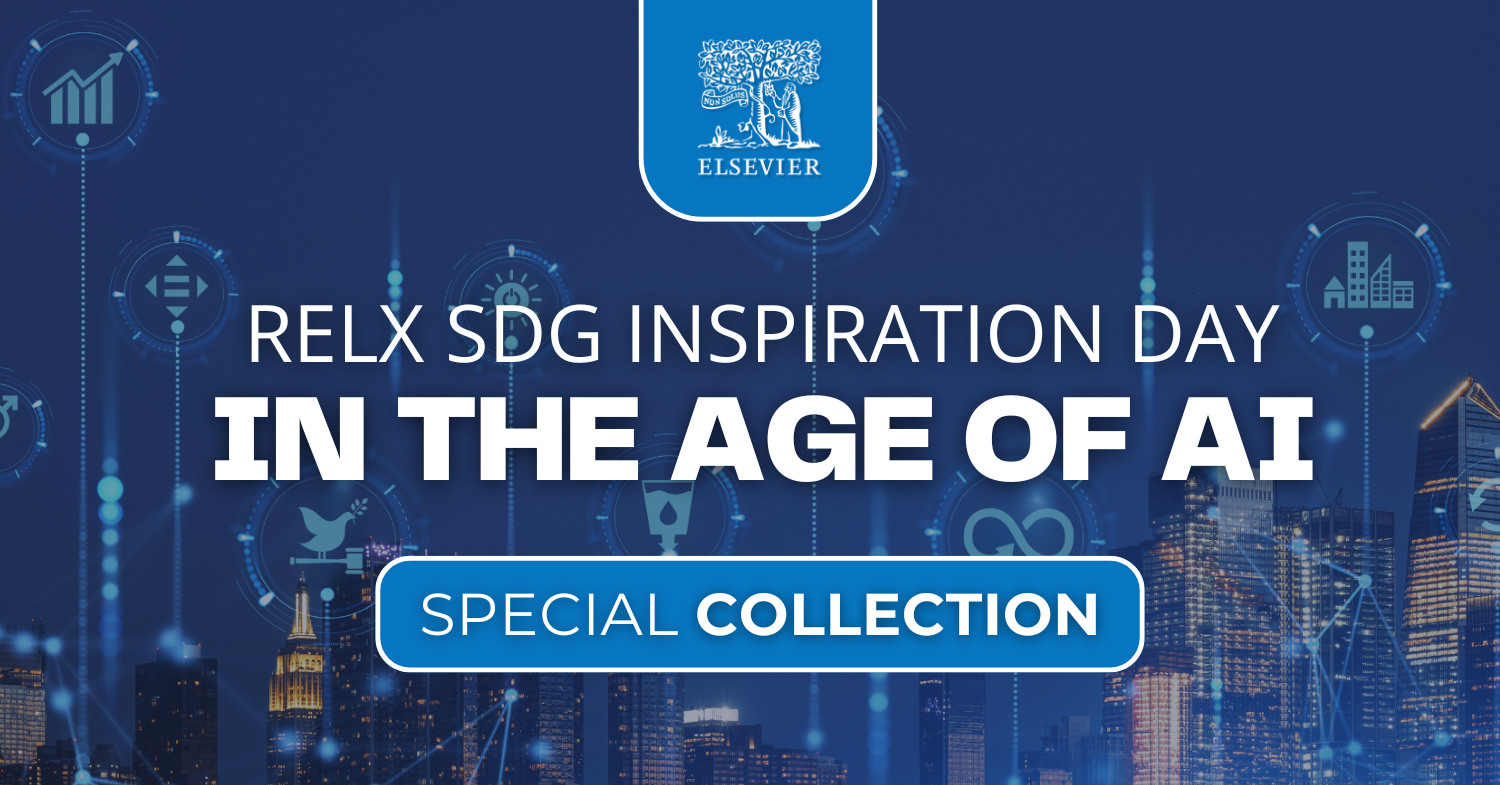The content of the chapter aligns with UN SDG 7 (Affordable and Clean Energy) and SDG 13 (Climate Action) by discussing strategies to reduce greenhouse gas emissions, promote clean energy technologies, and address the impact of climate change through the adoption of sustainable energy solutions.
Climate Change and Circular Economics: Human Society as a Closed Thermodynamic System, 2024, Pages 131-165
The content aligns with UN SDG 13 (Climate Action) by analyzing temperature and precipitation data to assess climate change risks, map hazard risks related to floods, droughts, snow, and freezing events, and calculate associated damage, while also indirectly supporting SDG 15 (Life on Land) by evaluating the impact on various regions and ecosystems.
Waste Management for Sustainable and Restored Agricultural Soil, Agricultural Soil Degredation and Restoration, 2024, Pages 371-386
This content aligns with Goals 11, 12, and 13 by explaining how indigenous technical knowledge can enhance and complement OF: (1) biodiversity and traditional seeds, (2) ecosystem integration, (3) natural pest and disease management (4) soil health and fertility, (5) cultural and spiritual significance, (6) community engagement and decision, and (7) climate resilience.

